What is wrong with my citrus plants? pics included
clones2
16 years ago
Related Stories
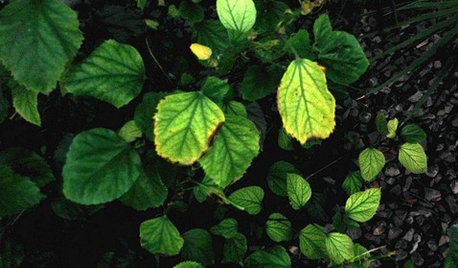
GARDENING GUIDESWhat's Wrong With My Plant? Leaves Often Hold the Clues
Learn how to identify common plant ailments by reading their leaves
Full Story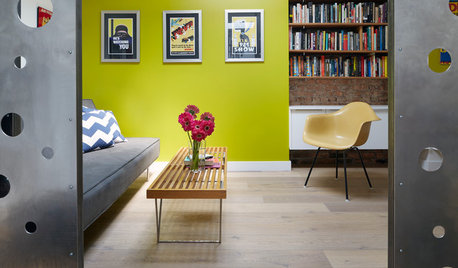
COLORColor of the Week: 10 Tangy Ways with Citrus Green
Add some zest to your home with a little — or a lot of — lively lime
Full Story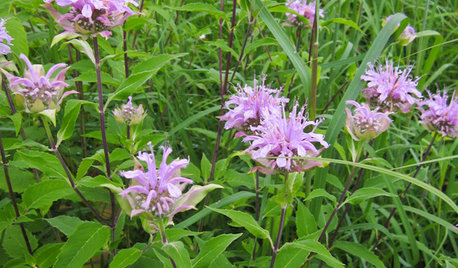
NATIVE PLANTSGreat Design Plant: Wild Bergamot, Friend of Foragers
Nourish butterflies and other winged creatures with the tubular flowers of Monarda fistulosa, a pretty pink native
Full Story
HOUSEPLANTS8 Essentials for Healthy Indoor Plants
Houseplants add so much to our homes — and can thrive when grown in the right conditions. Keep these tips in mind
Full Story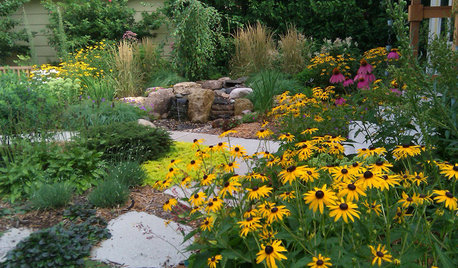
FLOWERSRudbeckia Mania: Go Beyond Black-Eyed Susan in the Garden
Branch out from typical nursery fare, with lesser-known Rudbeckia species that have delightfully unexpected features
Full Story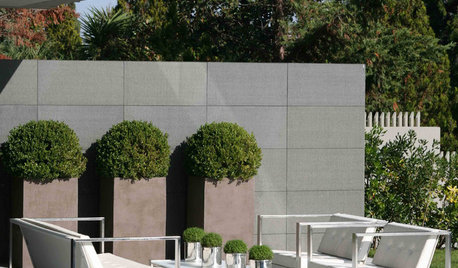
LANDSCAPE DESIGNSimple Container Plantings for Intriguing Garden Design
Beyond mere decoration, thoughtfully chosen pared-down pots and plants can be integral to interest in the garden
Full Story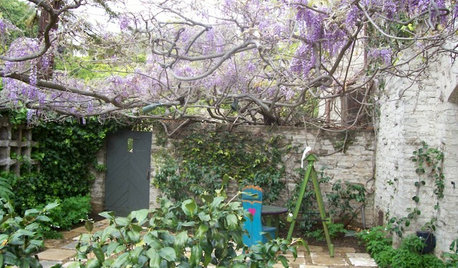
SPRING GARDENINGTop 10 Scented Plants for Your Garden
A palette of perfumed plants can transform even the smallest of gardens into a sensory delight
Full Story
GARDENING FOR BUTTERFLIES3 Ways Native Plants Make Gardening So Much Better
You probably know about the lower maintenance. But native plants' other benefits go far beyond a little less watering and weeding
Full Story
ARBOR DAY8 Reasons to Plant a Great Tree
Beauty is its own reward, but the benefits of planting the right tree in the right place go way beyond looks
Full Story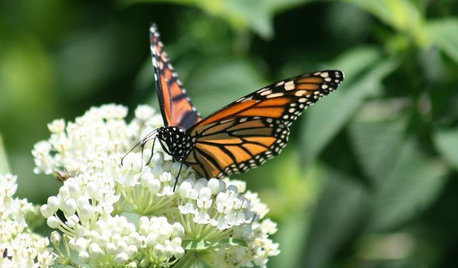
GARDENING GUIDESGreat Design Plant: Milkweed
Quit cringing. This not-weed plant is a sight to behold in the garden, has a delicious vanilla scent and is a magnet for butterflies
Full Story






joel_grow
jean001
Related Professionals
Jennings Landscape Architects & Landscape Designers · Simi Valley Landscape Architects & Landscape Designers · Hartford Landscape Contractors · Edmond Landscape Contractors · Peabody Landscape Contractors · Fort Payne Landscape Contractors · Fuquay-Varina Landscape Contractors · Hollywood Landscape Contractors · Oak Harbor Landscape Contractors · Oviedo Landscape Contractors · Riverview Landscape Contractors · Saint George Landscape Contractors · Streamwood Landscape Contractors · Waterford Landscape Contractors · San Pablo Landscape Contractorscalistoga_al ca 15 usda 9
juniorpilot
clones2Original Author
juniorpilot
oldroser